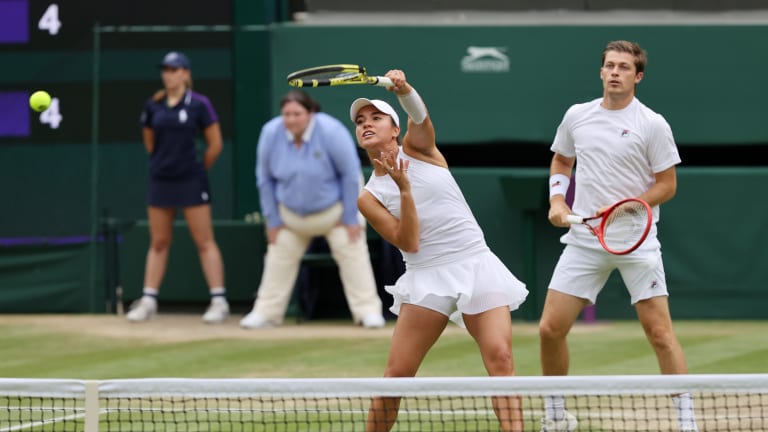From individuals to organizations, weekend warriors to professional players, minute observations to big-picture ideas, tennis has been top of mind across the board over the past two years.
“I feel like this is the tennis boom part two,” says Trey Waltke, general manager of the Malibu Racquet Club in southern California. “Everyone is talking tennis. Everyone is playing. People are rediscovering how great tennis is.”
Tennis shouldn’t rest on its laurels; the first boom didn’t last forever. But this is as good of an opportunity to reflect on what the sport has gotten right, during a time when so much has gone wrong.
Over the next few weeks, we'll do just that, with a series of stories—30-Love—that highlights 30 things worth celebrating about the New American Tennis Boom. Look for past articles on the left side of each page.—Ed McGrogan
